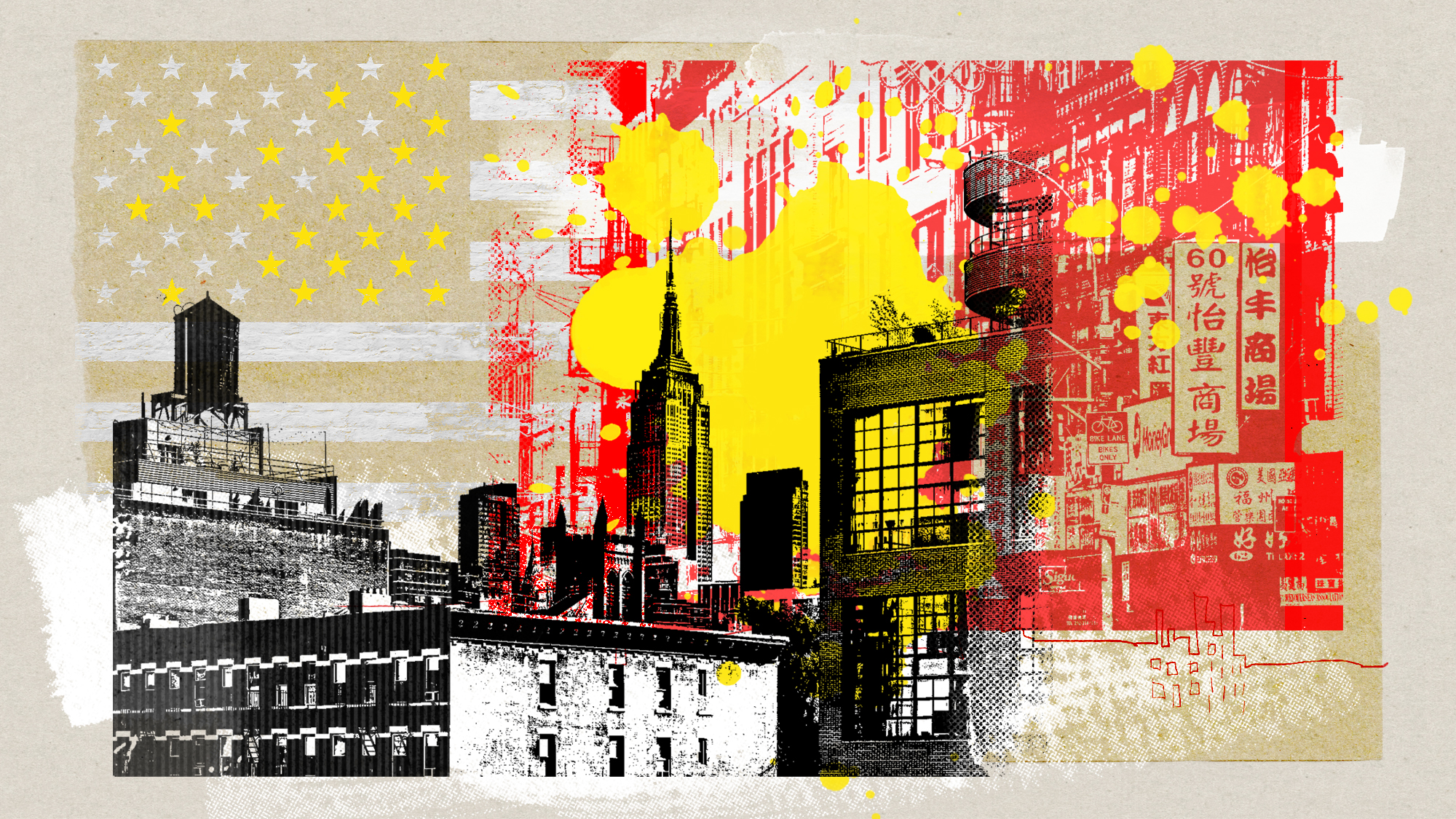China is silently expanding its influence in American cities
New York City and San Francisco, among others, have reportedly been targeted


A free daily email with the biggest news stories of the day – and the best features from TheWeek.com
You are now subscribed
Your newsletter sign-up was successful
It has been well documented that China interferes in American elections, with particular evidence of tampering in the 2024 presidential election. But China's election influence may be even greater than initially thought, most notably in New York City races, according to an investigation by The New York Times. And the Big Apple is not the only American city where China is reportedly taking an outsize role in local politics.
What's China doing in New York City?
Numerous social clubs backed by China have been working to influence local politics in the city, said The New York Times' investigation. They have "undermined a congressional candidate who once challenged the regime on Chinese television, helped unseat a state senator for attending a banquet with the president of Taiwan and condemned a city council candidate on social media for supporting Hong Kong democracy," among other things.
These clubs, known as hometown associations, are made up of people "hailing from the same town or province in China," said the Times. They are similar to heritage groups that help immigrants assimilate.
The Week
Escape your echo chamber. Get the facts behind the news, plus analysis from multiple perspectives.

Sign up for The Week's Free Newsletters
From our morning news briefing to a weekly Good News Newsletter, get the best of The Week delivered directly to your inbox.
From our morning news briefing to a weekly Good News Newsletter, get the best of The Week delivered directly to your inbox.
These associations have become "useful tools of China's consulate in Manhattan's midtown, according to dozens of group members, politicians and former prosecutors." This has "allowed America's most formidable adversary to influence elections in the country's largest city."
It's through these groups that the Chinese government "wields its influence in New York politics," said the Times. At least "50 organizations with ties to Beijing have mobilized members to fundraise or endorse political candidates over the past five years."
Chinese officials have denied the allegations. China has "no interest in and has never interfered in any way," a spokesperson for the Chinese consulate said to the Times.
How's China influencing other cities?
Numerous reports have emerged of China attempting to exert control of cities throughout California, largely in an effort to silence Chinese dissent. In San Francisco, several "Chinese diplomats and pro-China diaspora groups" organized demonstrations that "harassed and silenced protesters opposed to Beijing's policies," said The Washington Post.
This type of behavior shows how the Chinese Communist Party (CCP) is "willing to extend its intolerance of any dissent into the United States and target people exercising their First Amendment rights in an American city," said the Post. It's also part of a "broader global pattern of China attempting to reach beyond its borders and suppress parts of its diaspora advocating against the CCP."
Similar to New York, the Chinese consulate in San Francisco reportedly "paid for supporters' hotels and meals as an incentive to participate" in pro-CCP activities, said the Post. As with New York, Chinese officials have denied any wrongdoing.
Other cities in California have also been targeted. The Chinese government allegedly "used a Chino Hills man in an effort to advance policies favorable to the People's Republic of China in Southern California local government," said the Los Angeles Times. The man reportedly "relayed information to officials in the Chinese government about how it could influence local-level politicians" in the U.S., particularly regarding how to get American politicians to oppose Taiwanese independence from China.
This is "another example of a very disturbing trend" of Chinese interference, U.S. Attorney Martin Estrada said to the Times. The goal of this interference is to reduce support for "pro-democracy movements in China."
Justin Klawans has worked as a staff writer at The Week since 2022. He began his career covering local news before joining Newsweek as a breaking news reporter, where he wrote about politics, national and global affairs, business, crime, sports, film, television and other news. Justin has also freelanced for outlets including Collider and United Press International.
